Planet Connections Theatre Festivity is New York City’s premiere eco-friendly theatre festival, connecting artists and audiences with diverse dynamic charitable organizations. The Planet Connections experience entertains, enlightens and informs.
The Happiest Medium (proud sponsors of The Planet Connections Festival) is finally wrapping up our Planet Connections Q&A! We hope you enjoyed reading all the interesting answers.
Our last post casts the spotlight on two shows which we reviewed here and one show which sounds like a blast (no pun intended) but which we were not able to cover. Read on to see how Aliza Shane (Playwright/Director) & Laura Hirschberg (Assistant Director/Stage Manager) of ARE YOU THERE ZEUS? IT’S ME, ELECTRA. answered our five questions. Then, keep reading to see what Ashley Jacobson, writer of his beauty had to say. And finally, stick around to see what BJ: A Musical Romp has in store for its audiences . . .
Are You There Zeus? It’s Me, Electra.
answers by Aliza Shane & Laura Hirschberg
Here’s Antonio’s question -
If you would have to single out a quality between dialogue, plot or character, which one is the strongest in your play/piece, and why?
The dialogue of this show is KEY. It bridges the gap between the classical and the contemporary sensibility of the piece. The play has its own vernacular, which includes Greek references, 1990’s slang, and teenage angst. Each character has his or her own particular way of speaking, whether it’s Clytemnestra the evil Queen, played by a man whose voice ranges from Marilyn Monroe, to Joan Crawford to Harvey Fierstein (depending on her mood) or the Greek Chorus, who swing between classical Greek intonations and their own girly, smarmy, “know-it-all high school clique” vibe.
Here’s Karen’s question -
What has been the most surprising or unexpected thing that’s happened during this play? Did that wind up taking the play in a new direction?
This is a new mounting of this production, and the surprising changes this time around have been with how we’ve cast the women. With an all-female chorus and a man playing Clytemnestra (as a real woman, not just a guy in drag) there are many intriguing layers to the discussion of femininity and “girl power” already present in the text.
Here’s Anne’s question -
What do you think is the central theme and reason this play was conceived?
Really, the play was conceived primarily for fun. It’s a youthful, energetic, self-effacing take on a genre that usually takes itself too seriously- Greek tragedy. A lot of the elements-rage, vengeance, power, angst, responsibility-all feed into the play’s central theme: adolescence, under the ultimate strain.
Here’s Stephen’s Question -
Why should the audience (we) go to your play? What will the audience learn about the “human condition” by going to your play?
You should see our show because it demonstrates the awesome power of early 90’s grunge music and Judy Blume books, which allow us to connect to emotions and experiences buried deep inside all of us, that teenage angst and frustration so many of us had. Suddenly the Electra story could totally be our story. When it really comes down to it, the “human condition” is the same across the board, and even Electra was a teenager once.
Here’s Sarah’s Question -
What is your favorite line from the play?
This is a tough call- it’s a show FULL of great one liners…
Some faves:
Orestes: “Pylades, my sweet companion- how many times do I have to say this? Matricide is an art! And like most art, it must be done with a skilled, practiced hand.”
—————————————————————–
Chorus: “We know ALL! We’re a freaking Greek chorus, in case you haven’t noticed!!”
—————————————————————–
Chorus to Electra: “Dramatic much?”
Electra to Chorus: “Shut up! It’s my damn story and I’ll be as dramatic as I want to be!”
—————————————————————–
Clytemnestra to her husband, King Aeigsthus: “You can’t possibly be this stupid!”
Aegisthus to his Queenly wife: “I think that I am!”
—————————————————————–
Here’s Diánna’s Question -
What about this play do you feel most drawn to personally, and because of that, what message do you hope the audience walks away with?
I’m drawn to the sense of humor. The comedy doesn’t diminish the tragedy of the characters’ circumstances, but it does lighten the load that a story full of fate and duty can lay on its audience. I hope the audience walks away inspired by Electra and her companions. They’re angst ridden, hormonal, silly, and passionate- like many of us can be- and if they get it together (more or less), maybe we can too.
* * *
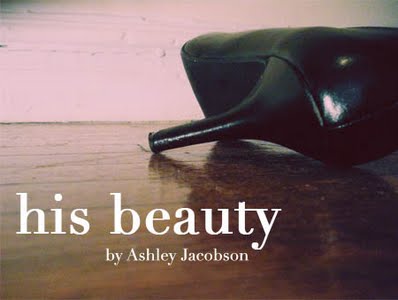
his beauty
answers by Ashley Jacobson
Here’s Antonio’s question -
If you would have to single out a quality between dialogue, plot or character, which one is the strongest in your play/piece, and why?
This is definitely a character driven piece. Even in rehearsals, when the actors were struggling with the lines – if they could connect to the deeply disturbing people they were playing, the show still went the exact way as planned. The four personalities presented on stage are by far the most interesting things to watch develop and destroy and create and manipulate and etc. ect.
Here’s Karen’s question -
What has been the most surprising or unexpected thing that’s happened during this play? Did that wind up taking the play in a new direction?
The set/light design was something that became a very spontaneous and unexpected element of the show. The set is very detailed and constructed unlike any other in the festival. (In that we literally build the thing from scratch each time the show plays, and use our own florescent lighting). It happened that way because of our visionary, albeit whimsical, set designer. and the aesthetic has added an unforseen allegorical, 1970′s porn element. It’s so visually interesting and layerd. It’s actually going to be featured at an art gallery in Williamsburg after the run at PCTF.
Here’s Anne’s question -
What do you think is the central theme and reason this play was conceived?
physical objectification and fragmentation. this play was conceived as a response, maybe an angry one, to feeling helpless or reduced because of one’s appearance or desirability. feeling trapped by wanting to be wanted, but also resenting, even hating that same desire. the anger of feeling possessed, while simultaneously being turned on by possessiveness.
Here’s Stephen’s Question -
Why should the audience (we) go to your play? What will the audience learn about the “human condition” by going to your play?
if anything, it’s one of the most honest things you’ll see. it says all the dirty mean things you’ve either wanted to say or have had hurled at you in your life. it’s the ugly part of the sex, and we all know what that looks like. it’s redemptive and vindictive, and it punches you in the face. I think it fits that kerouac quote, something like “give them exactly what they want, and they will be secretly terrified”
Here’s Sarah’s Question -
What is your favorite line from the play?
We’ve all been quoting some of our favorites as of late. Mine right now, after tonight’s performance is “I drive him crazy too.” In context, it explains a lot about what the whole show is leading up to. “I haven’t swallowed in 20 minutes” is always a crowd pleaser.
Here’s Diánna’s Question -
What about this play do you feel most drawn to personally, and because of that, what message do you hope the audience walks away with?
As the playwright, I’m drawn to the entire thing personally. It feels like Nadine (the director) has reached down into my guts and spewed my intestine across the stage for the whole world to see. And I’m ok with it, and I guess, in love with it. I want the audience to walk away feeling guilty or angry or redeemed. I want them to acknowledge the persons they’ve just seen on stage, whether they are a pete, or a jaclyn, a carl or cecily, or a combination of all of the characters. I want people to leave the theatre turned on – like the feeling after you’ve just had the best hate-you-but-i’m-not-going-to-walk-away-first sex.
* * *
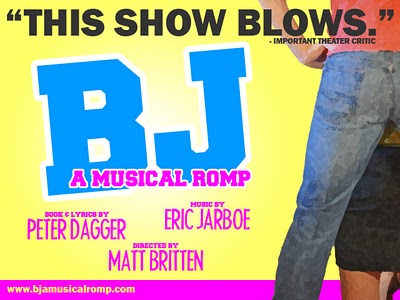
BJ: A MUSICAL ROMP
answers by Peter Dagger
Here’s Antonio’s question -
If you would have to single out a quality between dialogue, plot or character, which one is the strongest in your play/piece, and why?
As the writer, all three came from the same place, and I couldn’t say that one is stronger than the other. I will say that for the most part, the process starting by me writing song lyrics, and then the plot, characters and dialogue grew out of that.
Here’s Karen’s question -
What has been the most surprising or unexpected thing that’s happened during this play? Did that wind up taking the play in a new direction?
During the very first workshop of “BJ” at Syracuse University, the actors were singing a song called “First Week” (no longer in the show), and the bed they were standing on collapsed on stage. Nobody was hurt, the show went on, and it was fun to watch the actors creatively maneuver around the broken bed for the rest of the show!
Here’s Anne’s question -
What do you think is the central theme and reason this play was conceived?
I wanted write a show about college. Everybody goes to college with certain expectations and fears, and then comes out the other end magically grown up. The show is very loosely based on my freshman year experience, and the people I met.
Here’s Stephen’s Question -
Why should the audience (we) go to your play? What will the audience learn about the “human condition” by going to your play?
BJ” is similar to a Judd Apatow movie, in that it is a continual bombardment of jokes and entertainment, but beneath that there are real characters going on real journeys and learning lessons.
Here’s Sarah’s Question -
What is your favorite line from the play?
“A blow job is just something that you do, when you are with someone who understands you.”
Here’s Diánna’s Question -
What about this play do you feel most drawn to personally, and because of that, what message do you hope the audience walks away with?
I love ‘coming of age’ stories (no pun intended). Blow jobs aside, it is a play about facing your fears in order to grow up.

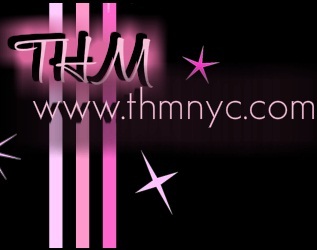
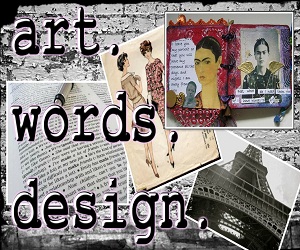
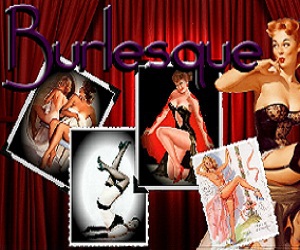
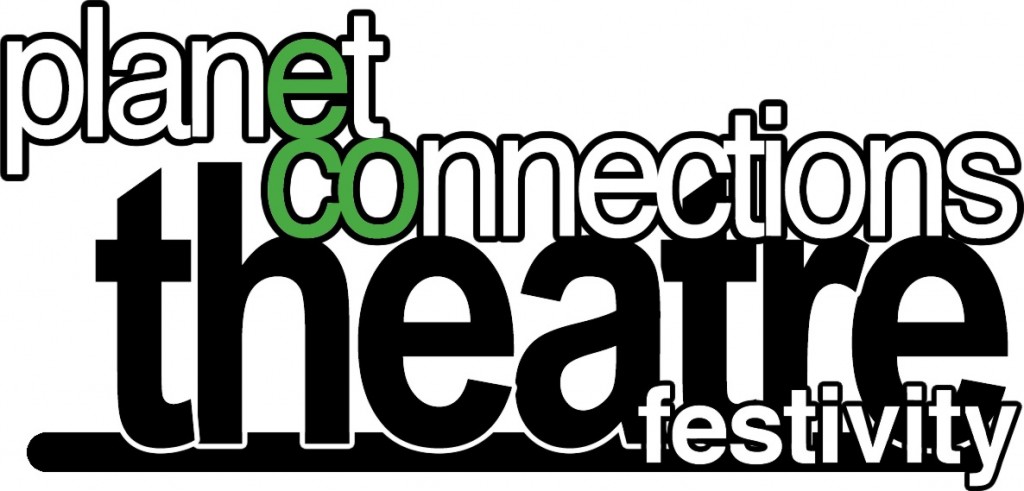
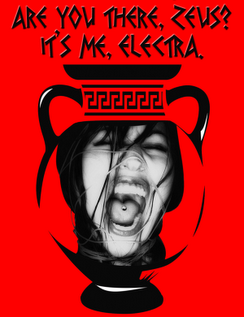

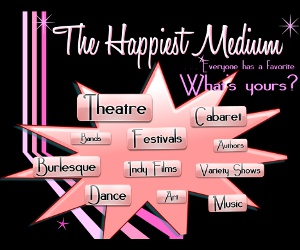
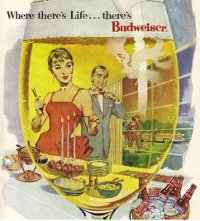
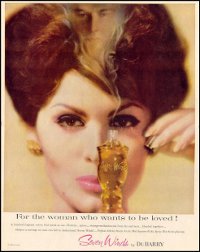
{ 0 comments… add one now }